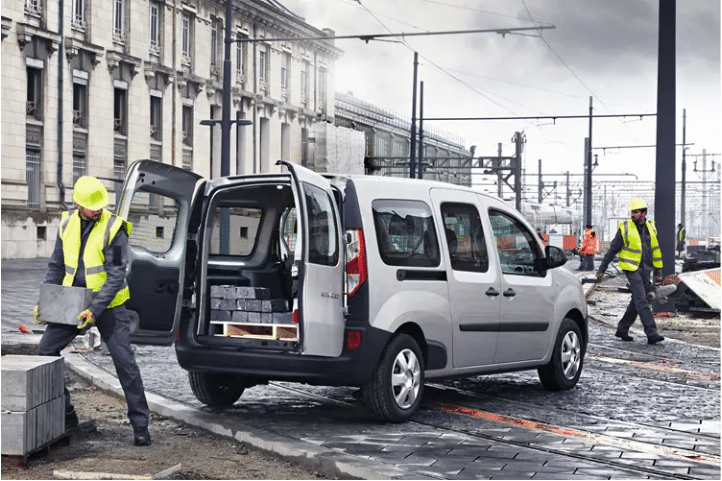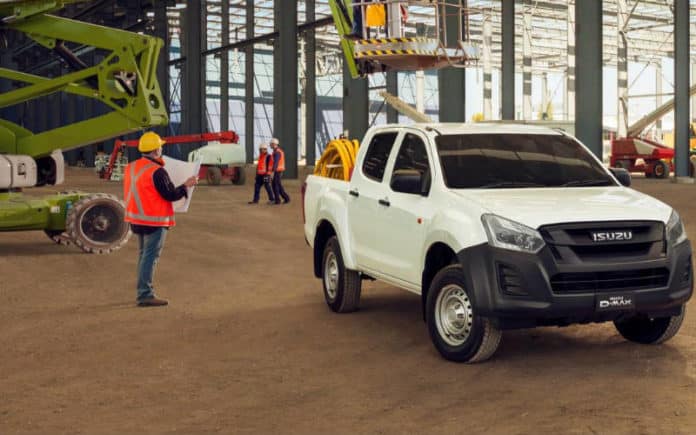Company Van Tax Explained
January 3, 2024

Benefit-in-kind (BIK) tax only applies if the van is used for private journeys. If you drive your van exclusively for business journeys or as a pool van (e.g. the van is used by more than one employee), you won’t need to pay BIK tax at all. That’s because there’s no BIK or ‘perk value’ attached to the value provided to you by your employer or through your company.
According to HM Revenue and Customs (HRMC) a ‘business journey’ is defined as a trip:
Made as part of work (e.g. a service engineer travelling between appointments)
To a temporary workplace
Vans used for ‘insignificant’ private journeys are also exempt. ‘Insignificant’ private use is one-off trips such as making a slight detour to pick up a newspaper on the way to work. Using your van for regular school runs, weekend shopping trips or taking your children to football practice on a weeknight however are not exempt and is regarded as significant private use.
If you use your van for ‘private use’ you will be required to pay BIK company van tax. Your company is also legally obliged to notify the taxman. To avoid unnecessary tax costs, it is important that you and your employer keep mileage records detailing your journeys – whether private or work – to prove how and when the van was used and whenever the cost of private-use fuel was reimbursed. How is company van tax calculated?
Unlike company cars where drivers pay tax on a sliding scale based on the value of the car, its fuel type, and its CO2 emissions, the BIK rates for company van drivers are more straightforward thanks to a single flat rate put in place by the HRMC.
It is worth noting that company van tax only applies to vans, pick-up trucks or light commercial vehicles (LCVs) which are: Primarily constructed for the conveyance of goods or burden A gross vehicle weight – fully laden – not exceeding 3,500kgs
Work buses and minibuses are not classed as vans because they are designed to carry people. Double-cab pickups also may or may not qualify, depending on various criteria. What are the van BIK rates?
The HRMC has a single fixed BIK rate for van drivers and for 2016/2017 it stands at £3,170. The amount of company van tax you will pay is dependent on your personal income tax level. For example, if you are on a personal income tax band of 20%, the amount of company van tax you will pay is an annual figure of £634 (20% x £3,170) or £52.84 a month. Those in the 40% income tax band will pay £1,268 a year or £105.67 a month. Vehicle benefit tax
The standard BIK rate of £3,170 can be reduced if you can’t use the van for more than 30 days in a row or if you pay for your fuel to privately use the van. In instances where more than one employee has access to the van for private use, the BIK value can also be divided between them. Fuel benefit tax
Company van drivers also benefit from a generous fixed BIK rate for any private mileage fuel paid for by their company. This is set at £598 and once again, you multiply it by your personal income tax rate to find the amount due to HRMC. For 20% of taxpayers, it is an annual figure of £119.60 (20% x £598) regardless of how much fuel your company supplies. Fuel benefit tax data
